Colored in Light, by Lucia Trujillo

Content warnings
Caring for someone with terminal illness.
Marisol bundled up what she could of her wife and stood at the edge of the spacecraft, nothing but a thick pane of glass separating her from…
Everything.
She looked down at Julia. She was more of a creature now really, her breath fogging weakly against the helmet. Marisol admired the thin blue veins that snaked under the fine skin of her eyelids. They were so pale, she could see the iris through them.
Marisol held her wife tight to her chest. She donned her own helmet (oxygen– she was an earth dweller, after all). She opened the portal.
After a training session, Marisol had gone to the cafeteria and met a very drunk and very sad woman with a Marilyn Monroe blonde wig and a full tattoo sleeve.
“Marisol? Isn’t that a fancy umbrella?” the woman had asked, squinting at Marisol through a haze of her own cigarette smoke.
Her name was Julia, and she couldn’t shut up. She had been training for five years to leave Earth, same as Marisol. She had a bit of a smoking problem, and had just broken up with her boyfriend, who was seven years older than her.
Eyes heavy, she told Marisol she was going to be an Explorer. That she was going to encounter other planets and life forms.
Ambitious, certainly, but something in the way she said it made Marisol believe every word.
They had gone to Julia’s place, and Julia had immediately fallen asleep on her own floor, wig slightly askew. Marisol had taken off her shoes and placed a blanket over Julia (she tried lifting her into the bed but did not want to wake her). Marisol scrawled her number on a post-it and stuck it to the bathroom mirror, before turning off the light and leaving as quietly as she could. And that was how Marisol first met her wife of twenty years.
Earth was an iridescent memory, close enough to touch. There was no warmth. No cold either. No sound, except for her own breathing inside the helmet. The only thing keeping Marisol from wheeling off into oblivion was a few yards of rope hitched to her waist.
Each star glowed as brightly as the tip of a cigarette.
She reasoned that, dying in space, there was nothing to pick you apart after you were gone. No vultures, maggots, or crows. Except for the hungry gash of stars she could see now, like the wide, bloodied mouth of a shark.
When she looked down, Julia’s eyes were wide open.
Marisol reached out, and unclasped Julia’s helmet. It detached with a hiss and Marisol watched, trembling, as her wife began to take deep, gulping breaths. Already, she was beginning to look less human. But she could breathe now, that was what mattered.
She watched Julia’s helmet bob away, like a beachball in the ocean.
“Do you trust me?” Julia asked, a smile playing about her lips.
“Not particularly.”
Julia laughed.
Marisol closed her eyes.
“I’m not going to have an affair with an alien, so don’t worry about it,” she joked, and added, “one year is hardly enough time for me to forget you.”
Marisol wasn’t sure if she believed that. She shook her head and placed the helmet on her wife’s head, clicking it into place.
“Boarding in one minute,” announced a voice on the intercom. “Family and friends of our Explorers, please exit at this time.”
Julia squeezed Marisol’s hand.
Marisol considered what would happen if she joined Julia and removed her own helmet. In 2.5 minutes, she would die.
Her skin would float off, her muscles part, purely because there was nothing to sustain them. Dying on Earth was an active thing.
Here, it would be a simple unseaming.
When Julia came back to Earth, she was changed. No longer was she the awkward, passionate woman Marisol knew. Her movements were slow, jerky. She smoked upwards of two packs a day.
“It’s bad for your health” was met by a sharp retort: “It helps me breathe.”
Her veins were darker, her skin thinner, complexion more sallow than sanguine. As the doctor told Marisol, Julia’s weight was “that of a twelve year old child”. Marisol had never prayed in her life.
But when she first found her wife’s rotted-out tooth in the sink, she began to.
For every tooth, clump of hair, smile, and hour that was leached from her wife, Marisol whispered a prayer, a demand;
“Give my wife back.”
When they slept, Marisol felt Julia curve around her, strangely warm and light.
The doctor pronounced her physical problems unlike anything he had ever seen—most likely the result of extreme psychosis.
The psychiatrist pronounced her mental illness due to trauma, most likely experienced during the Exploration.
“It’s not unusual for explorers to develop strange symptoms,” a specialist had murmured to Marisol, as Julia sat complacent in a white paper gown. “It can be difficult for them to adapt back to life on Earth—some cases even develop characteristics and adaptations of extraterrestrial life if they live out there long enough. But your wife… she may be the most extreme and extraordinary case I have ever seen.”
One morning, as Marisol went to bring Julia a tray of food, she was not in bed. After a panicked search, Marisol found her laying on the roof, almost naked in the freezing cold.
Marisol sat down next to her. Julia did not move her eyes from the sky.
“I want to go back.”
Julia whispered it, breath curling.
And there was only one answer to give, as Marisol looked at her wife. In those five words, Marisol finally recognized Julia. Whatever un-human thing had leached into her from the Exploration, Julia was no changeling.
Her thin skin, weak mouth, faint glow… it made no difference. Julia tilted her head. Her mouth twitched in a hopeless smile.
Marisol reached out a hand and touched Julia’s cheek, soft with rot, and said the only answer she could:
“I’ll go with you.”
Marisol watched as Julia’s skin thinned into light, the lines of her organs dissolving. There was so much light compounded in her, the stillness was singing.
Marisol looked at Julia.
Julia; whom fellow Explorers called a “genius”, constantly remarking to Marisol about her wife’s “incredible work ethic” and “obvious passion for extraterrestrial exploration.” Marisol would smile and nod and hope they couldn’t see the worry in her eyes. The worry that someday Julia would go off to space and never come back home.
Julia, who painted her nails the ugliest colors, like sulfur and orange, or brown and navy. Julia, who made her coffee white, and who never drank anything that wasn’t caffeinated, carbonated, or alcoholic.
Julia, who slammed the door on Marisol with beer on her breath.
Julia, who when Marisol contracted the flu, stayed by Marisol’s side every day and night, wiping her forehead with a damp towel.
Julia, who loved philosophy, but hated Plato’s definition of love; “love is a madness.”
“Love isn’t being consumed. It’s being set apart, given a name,” she had said.
But as Marisol stared up at her wife, who was already more celestial than human, she disagreed. It was both, she decided. Why couldn’t it be?
She untied the rope at her waist.
Julia—the star—was growing in throbbing rings of light, pressure building.
Marisol took a deep inhale of oxygen with the conscious thought that it would be her last. She removed her helmet, breathing into nothing.
The burning was inside Marisol now, a deep flower of pain blooming through the pit of her stomach. She welcomed it.
Julia had completely blurred into a white-hot, consuming burn.
Marisol closed her eyes.
Julia, hair tousled into a knot, speared with a pencil or whatever utensil was within arm’s reach. Julia, shy sober and disastrous drunk.
Julia, off-color and empty in a hospital bed. Marisol, who would have gladly carved out her organs for Julia, and fixed Julia’s rotted ones to her own skeleton. But that was not the medicine Julia needed. So instead, Marisol had knelt by the hospital bed, helplessly smoothing back her wife’s damp hair.
Her wife. Her wife—bigger and brighter than anything Marisol could imagine, so much so that using the possessive pronoun “her” wife still felt ridiculous most of the time.
Marisol, wiping watery vomit from Julia’s cracked lips. “Go…” Julia had rasped.“You don’t have to.”
“It’s my privilege,” Marisol had countered.
The small upturn of Julia’s lips at this reply, and suddenly Marisol felt like she was bleeding internally, soaking and blooming red from the inside out.
The burn was all around her now, sweeping through her skull in waves. Marisol opened her eyes.
Julia, colored in light.
Lucia Trujillo
Lucia Trujillo (she/her) is a 17-year-old artist and writer from Indiana. Her work has previously appeared in the Scholastic Art and Writing Awards, as well as the American Library of Poetry.
Instagram: @lulumae7
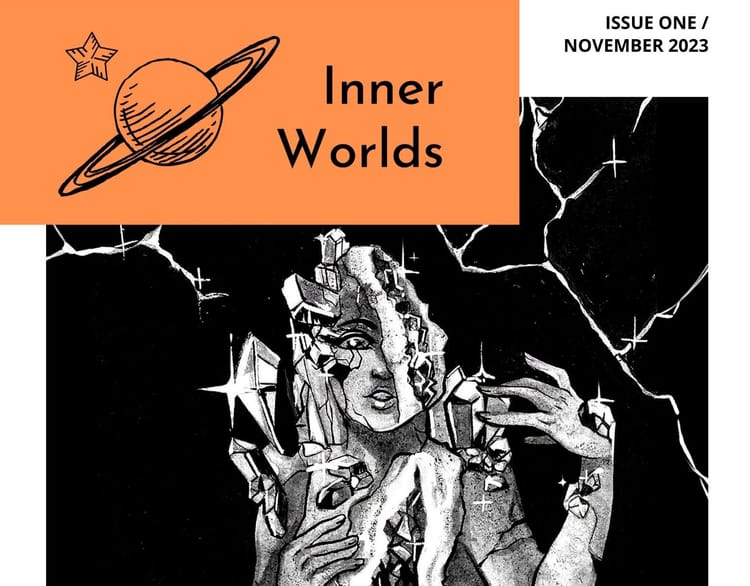
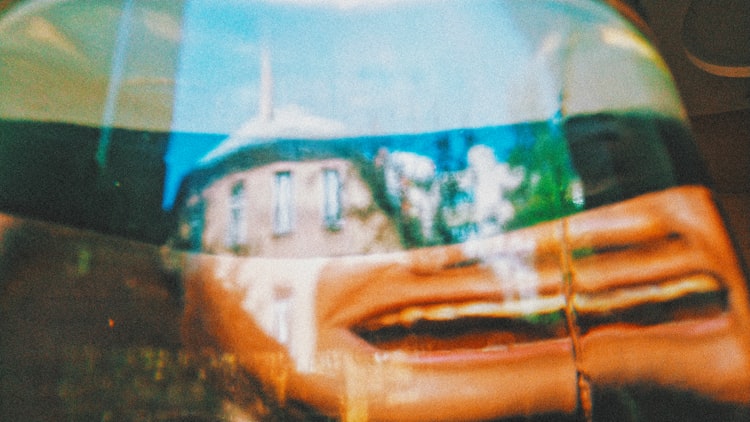
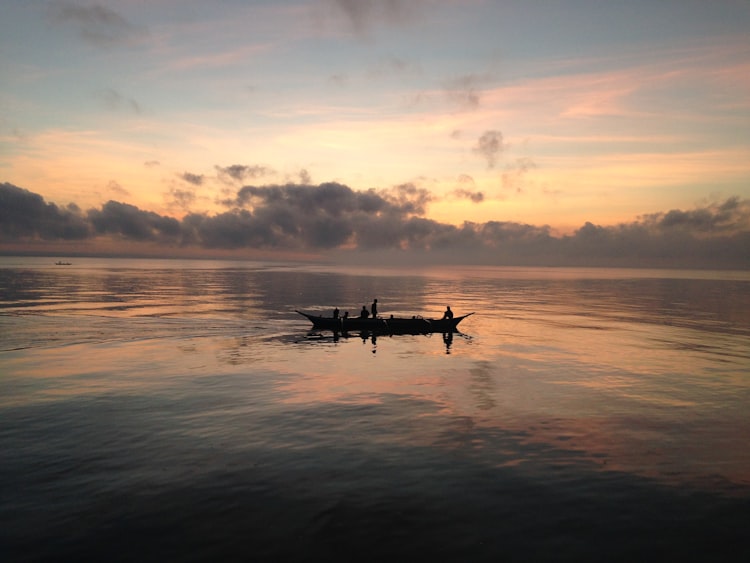
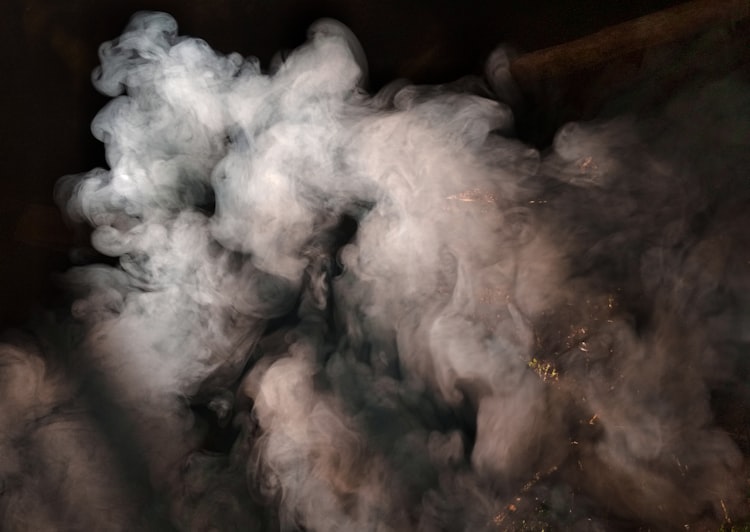
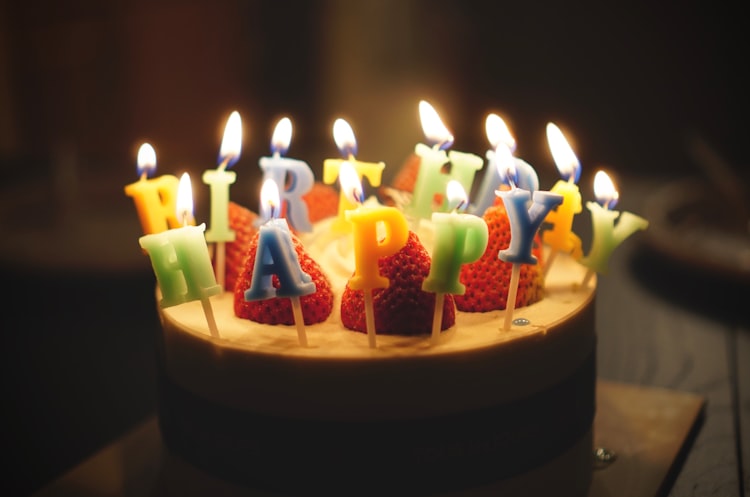
Member discussion